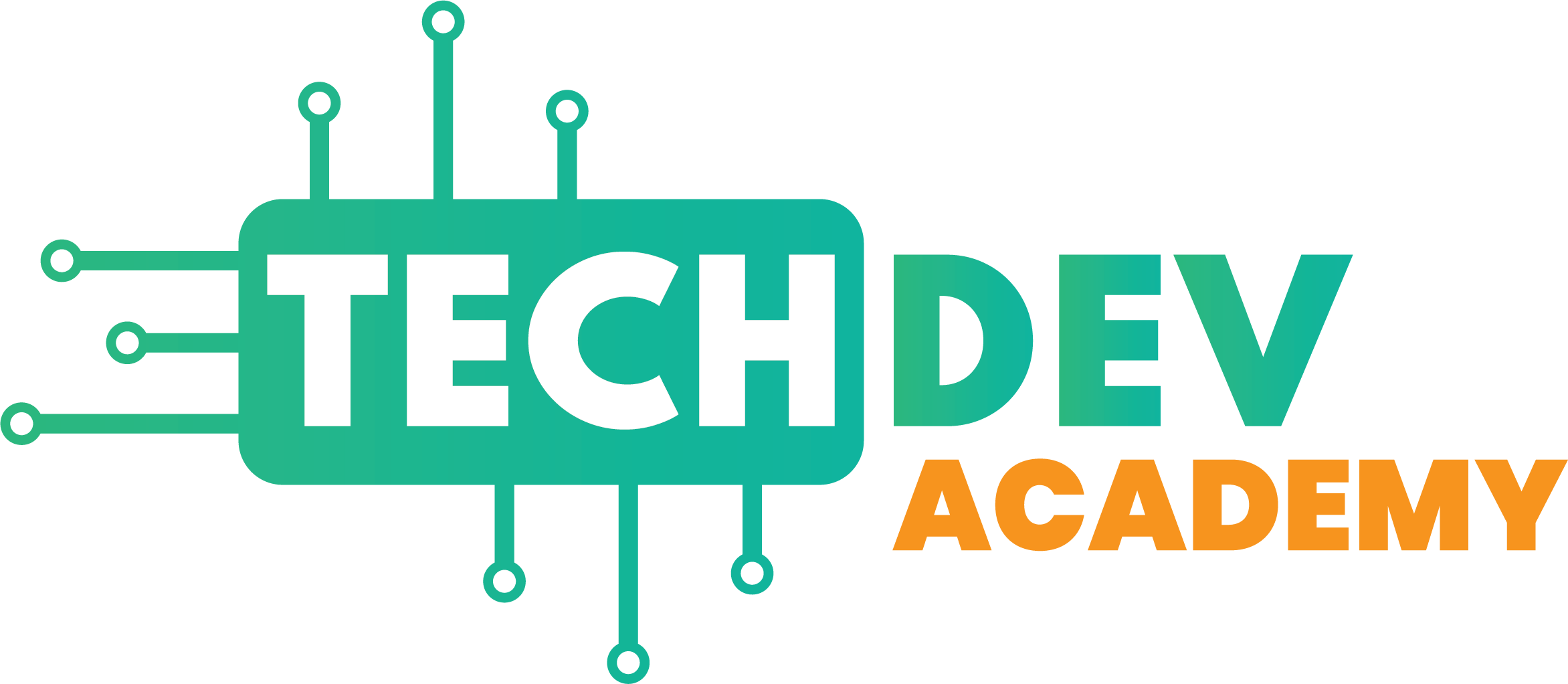High schoolers today are inextricably linked with technology. While this provides many advantages – including access to information and greater learning opportunities – it may also have negative repercussions such as screen exposure impacting overall child well-being. In this article, we will briefly investigate challenges associated with technology use among high schoolers while offering tips for creating balance in digital environments.
Technology Offers Both Benefits and Drawbacks
Technology has had an incredible effect on education especially for high school students. Now they have access to various learning platforms, communication tools and knowledge expanders which have drastically increased engagement while expanding knowledge.
Furthermore, technological tools enable them to express creative expression outside of traditional classroom settings while exploring interests outside the school setting.
Excessive screen time can create various challenges for us all. Studies show a correlation between too much screen exposure and lifestyle issues like sedentary lifestyle, disrupted sleep cycles and mental health conditions such as anxiety or depression; social media bombarding could even cause decreased focus and academic performance.
One of the primary challenges associated with technology use among high schoolers is recognizing when screen time becomes problematic. Parents and students should look out for warning signs such as neglecting other responsibilities, increasing anxiety when away from screens or declining academic or extracurricular performance – early identification allows you to address potential issues more proactively.
Establish Safe Boundaries
Set clear limits on screen time as one way of improving student well-being. Doing this ensures enough time is allotted for socialization, physical activities, academic goals and recreational sports activities as well as more healthy pursuits such as outdoor play or recreational sports activities. Find balance by allotting adequate screen time alongside healthy activities – success will follow!
 Curating Content and Quality
Curating Content and Quality
Promoting responsible media consumption among high school students online is of utmost importance. They should seek educational and informative media while being mindful of any negative consequences caused by too much exposure. A critical approach can assist young individuals as they navigate the digital space responsibly while making wise choices regarding which pieces to consume online.
Parents play an essential role in encouraging responsible technology use among high schoolers. By setting limits and closely monitoring screen time usage, they can ensure their children keep an appropriate balance between tech usage and other pursuits.
Parents can assist and guide their children’s search for educational and resourceful material online. Parents can help their children in developing critical attitudes toward information, which will allow them to make more informed choices by having open and honest discussions about its risks and benefits.
Besides, parents can foster offline connections by encouraging face-to-face interactions and participating in community and social activities, while simultaneously creating an enabling and welcoming atmosphere in which high schoolers can navigate digital space responsibly while prioritizing overall well-being.
Technology should be seen as an educational resource
Technology should not be seen as an impediment; rather, it should be utilized as an invaluable educational resource. High schoolers can utilize digital resources that supplement traditional learning – like apps and courses online through active engagement platforms integrating tech into the education process – in order to enhance and advance students’ learning experiences while simultaneously building digital literacy.
Foster Offline Connections
While technology helps high school students form virtual relationships, encouraging offline interactions is just as crucial. Human contact fosters empathy, emotional intelligence and belongingness which simply can’t be replicated online. Engaging in community activities provides a balance between virtual and real world interactions while contributing to overall healthy development among youth.
Prioritize Sleep and Physical Activity
Students seeking to create a balanced lifestyle should prioritize their well-being by prioritizing adequate restful sleep and physical activity as essential elements for academic achievement and overall good health.
Establishing routines which include active relaxation as well as screen-free wind-down times before bed can create the balance necessary between technology use and leading a balanced life.
Promotion of Digital Citizenship
Digital citizenship education is essential in helping ensure students use technology responsibly and ethically, including understanding the consequences of actions online, respecting others’ privacy rights, and encouraging positive interactions in virtual spaces.
Schools and parents can work together on integrating this instruction into curricula or home activities to maximize student behavior that benefits local communities online.
Conclusion
High school students today face a wide variety of technologies and screens that offer both advantages and risks of overexposure. By setting healthy limits for screen use and curating content carefully while developing relationships offline and prioritizing sleep/physical activity/digital citizenship activities simultaneously; students can make use of technology while safeguarding their wellbeing at the same time.
Parents, educators, mentors and communities all play an invaluable role in supporting high schoolers to develop responsible digital citizenship by helping them find balance between virtual and real environments.
By working together we can ensure our students fully benefit from technology while still protecting their physical, mental and emotional well-being during an increasingly digital era.


 Curating Content and Quality
Curating Content and Quality